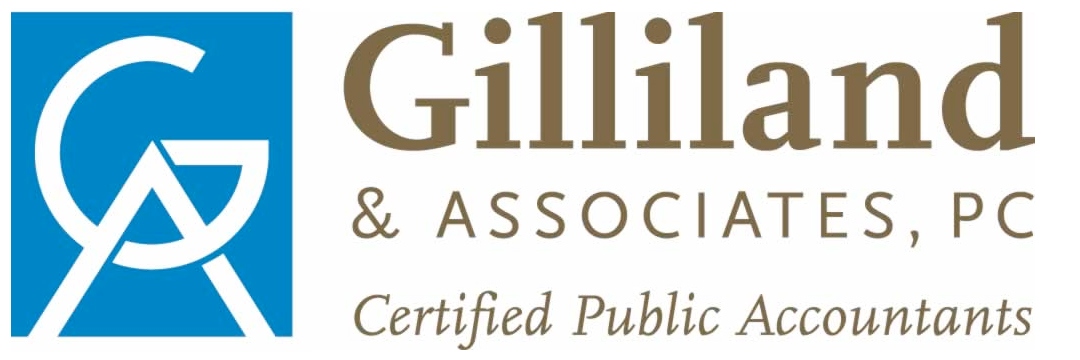4 travel deal red flags to avoid
Vacation time is fast approaching, and con artists are gearing up. Beware of these four indicators that a travel “deal” is actually a rip-off:
- You can be a travel agent. A fraudster promises free trips and discounted hotel rates if you become a travel agent. They may even send course materials (for a fee, of course). Don’t fall for it. That “certification” won’t convince airlines and hotels to grant you special treatment.
How to avoid: If you want facts about becoming a travel agent, contact professional organizations such as the International Association of Travel Agents. It’s a career path, not a ticket to freebies. - Advance payment required — without a contract. A friendly telemarketer cons you into paying for a vacation over the phone with your credit card. Without a signed contract you don’t know what you’re actually buying. Don’t plan to win in court.
How to avoid: Never surrender your credit card or banking numbers over the phone. Demand details in writing. Always. - “Limited Time Offer.” Some legitimate airline and hotel offers are time-sensitive. But beware of sales representatives requiring immediate payment, especially for departure dates 60 days or more in the future. It’s a red flag. Many banks set a 60-day time limit for disputing credit card charges.
How to avoid: Contact airlines and hotels directly to find last-minute deals. Hang up on high-pressure sellers. - Bait and switch. A scam artist touts a great deal at the luxury beach hotel. But guess what? The rundown hotel is located 10 miles from the beach. If you want an upgrade, you’ll be charged a fee.
How to avoid: Book with hotels directly. Determine where they’re located before you travel. Check online reviews for complaints.




